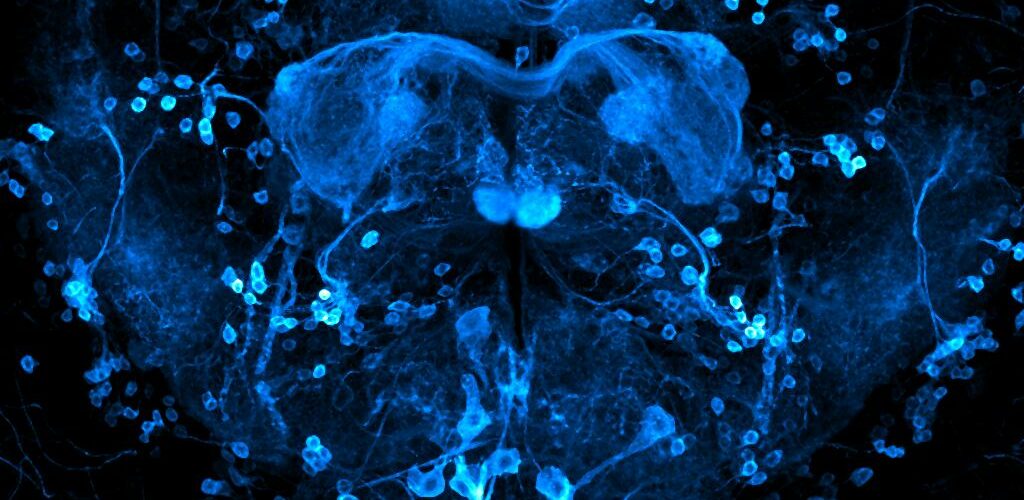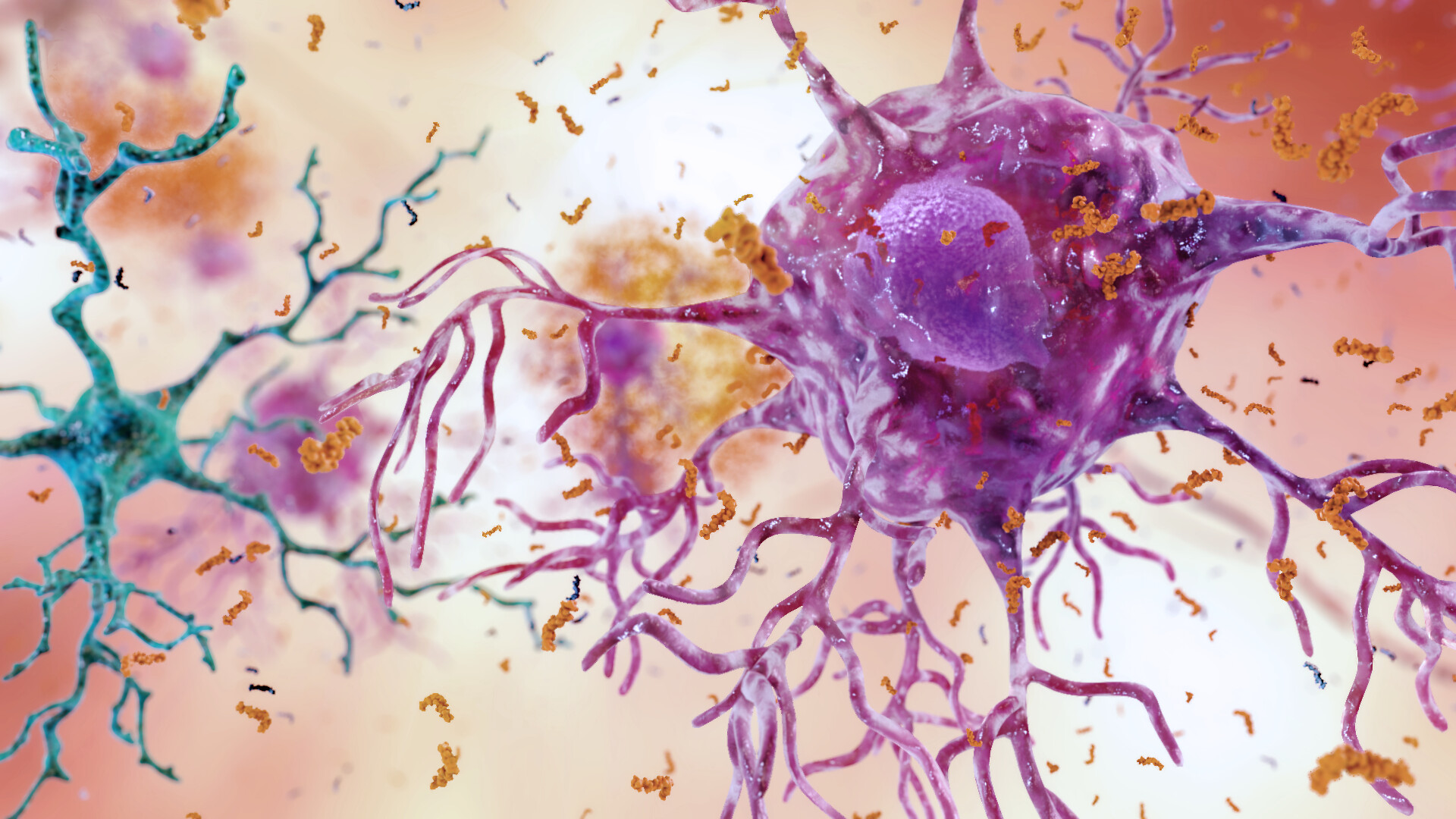Bacteria and the Brain

Autistic spectrum disorders (ASDs), like many neurological disorders, have been studied for decades but to most people a ‘cure’ doesn’t seem to be in sight. This may all be about to change.
Recent, but yet unproven, evidence suggests that there are some associations between the gut microbiome and ASDs. There has been anecdotal evidence for years that suggests that altered diets can help alleviate and even improve symptoms of ASDs1. However in recent years science has taken a more analytical approach to try and understand why this might be the case.
The human body is a thriving ecosystem which is home to 100 trillion microbes2. Within your gut you can have millions of different bacterial species, altogether known as the gut microbiome. In recent years gut microbiome research has taken off dramatically, with people studying everything from the flora of the body to the flora of subway stations3. With the advent of high throughput sequencing the gut microbiome is being examined like never before.
Each of the many different species of bacteria have a specific role to play in our gut. However, when our microbiome becomes unbalanced or altered (for example, after a course of antibiotics) this can play havoc with our health4. In fact, there is ever-increasing evidence that the microbiome can have an effect on every part of our lives, including our mental health5. It has recently been discovered that microbes within the human body can themselves produce and recognise neurochemicals which are normally produced by our bodies. This can be seen in patients who suffer from a non-diverse microbiota, which causes inflammatory bowel diseases, who also tend to suffer from anxiety and depression6. Bacteria are also capable of churning out proteins and chemicals which, by themselves, don’t directly affect our bodies but cause our brain’s ‘normal’ state to change when they interact with other proteins7.
Within the microbiomes of people with ASDs there are a large number of species which produce a chemical called propionic acid (PPA) which in turn produces certain short-chain fatty acids. These molecules, when given to rats, cause abnormal motor movements, repetitive interests, cognitive deficits and impaired social interaction8 all of which are common symptoms of ASDs9. Further to this, PPA also effects certain neurotransmitter systems, including inhibiting the function of GABA. GABA is an important neurotransmitter and its inhibition in the brain has been associated with several neurodevelopmental disorders including ASDs and Rett Syndrome, which has a similar phenotype10.
Determining the exact causes of ASDs is very difficult: they exist on a spectrum and are likely caused by multiple factors. Yet it seems like a strong link might exist between the flora of the gut and ASDs. More work must first be done – but could a simple change in diet or the avoidance of antibiotics (to keep your microbiome happy) help the symptoms of ASD?
Edited by Sarah Spence
References
- Mulle et al (2014) The gut microbiome: A frontier in Autism research. Current Psychiatry Reports. 15, 337 http://www.ncbi.nlm.nih.gov/pmc/articles/PMC3564498/
- See previous reference
- See this article here: https://the-gist.org/2015/07/the-secret-underground-world-of-bacteria/
- If you want to know more, this is a good place to start http://learn.genetics.utah.edu/content/microbiome/disease/
- Lyte (2013) Microbial Endocrinology in the Microbiome-Gut-Brain Axis: How Bacterial Production and Utilization of Neurochemicals Influence Behavior. PLOS pathogens. 9. http://search.proquest.com/openview/3f18234504ea931932ef84541c29102e/1?pq-origsite=gscholar
- See previous reference
- Chao et al (2010) Dysfunction in GABA signalling mediates autism-like sterotypies and Rett syndrome phenotypes. Nature. 468, 263-269 http://www.nature.com/nature/journal/v468/n7321/abs/nature09582.html
- http://www.microbecolhealthdis.net/index.php/mehd/article/view/19260
- https://www.autismspeaks.org/what-autism/symptoms
- If you want to know more read about it here: http://www.rettuk.org/










